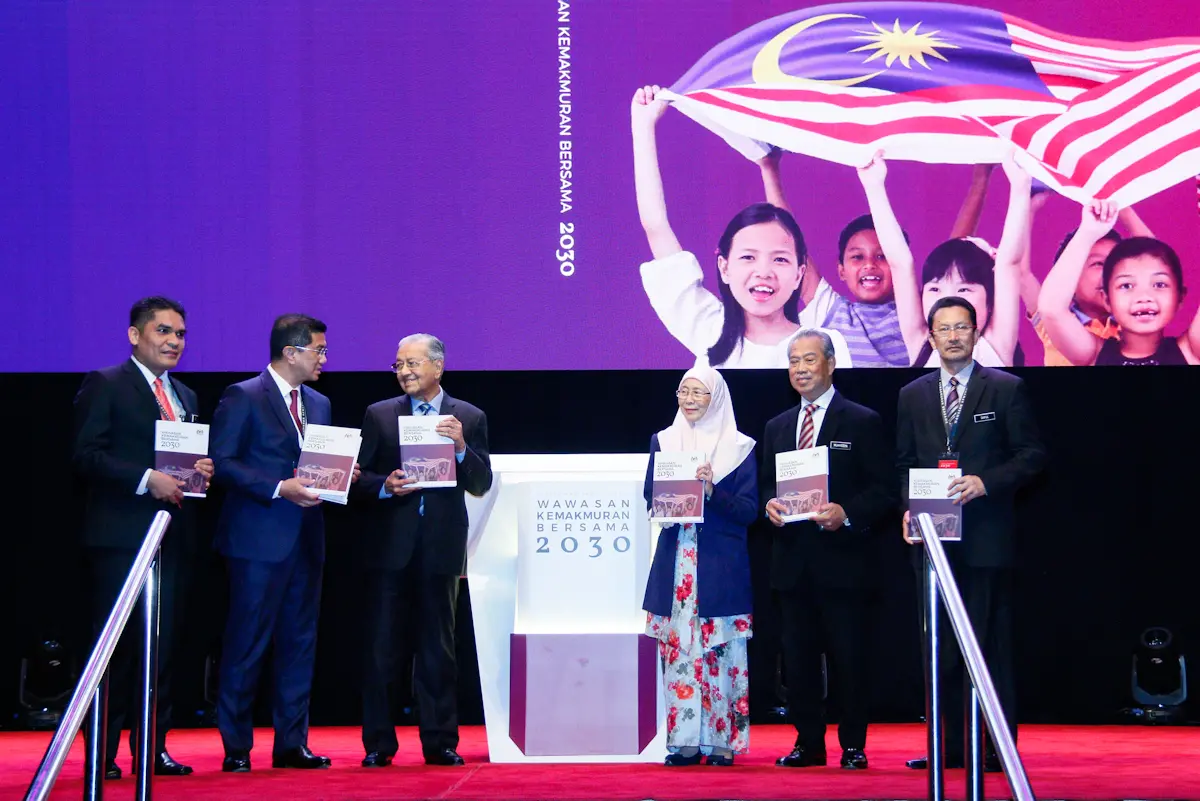Professor in Practice, Duncan Green Zooms In with department scholars to find out what they’re up to in lockdown and how their research relates to the Covid-19 pandemic. The second Zooming In episode is with incoming Head of Department, Professor Kathy Hochstetler, who uses the case of renewable energy in Brazil and South Africa to shed some light on Governments and their relationship with technocrats in providing advice on heated topics like Covid-19.
Selected question and answer from the interview:
DG: How has Covid-19 interacted with understanding of the systems around renewable energy?
KH: One of the things that Covid-19 has really drawn my attention to is that there are very different attitudes of governments around the world about science, technocracy and about expertise. I probably noticed this in particular as I’m an American where these issues are fraught, but also because I’ve done work on Brazil for nearly 30 years, which is one of the more striking instances of a government that is unwilling to listen to scientists and experts. I’m interested in seeing how relevant this is and how much it affects outcomes. So, you have a government like the Bolsonaro government in Brazil, where its fundamental skepticism of expertise and scientists is leading it to put a great many Brazilians in harm’s way. This makes me think that this needs to be something that is really thought about in a more systematic way for its implications for a set of environmental issues as well.
Before the Bolsonaro Government was elected, they made lists of the different kinds of positions the presidential candidates had on a whole list of environmental topics and the only topic that the Bolsonaro Government was interested in engaging with was renewable energy. I think it’s partly because Brazil has ring fenced renewable energy by making it a technical issue. For most of us, our interaction with electricity is walking into a room and flicking on a switch. We only really think about it when we pay our bills. It’s not difficult to see how it could be a background topic. Renewable energy became a very big topic in South Africa because of its connections to bigger questions about who should be providing it. Should it be state owned enterprises or private actors doing it and what happens to labour in that.
One of the biggest lessons is that topics don’t have obvious ways of being governed and that there is a great deal of difference in national contexts about whether a given topic is going to be heavily politicised and controversial or whether it’s going to be more technocratic. Of course, there’s lots of criticisms to be made of technocrats and a lot of criticism should be made of leaving issues to experts. But some issues need a fair amount of expert influence. It’s hard to imagine how one makes it through a pandemic without expert knowledge and studies and influence.
Tune in for next week’s Zooming In With: Dr Sohini Kar
The views expressed in this post are those of the author and in no way reflect those of the International Development LSE blog or the London School of Economics and Political Science.





